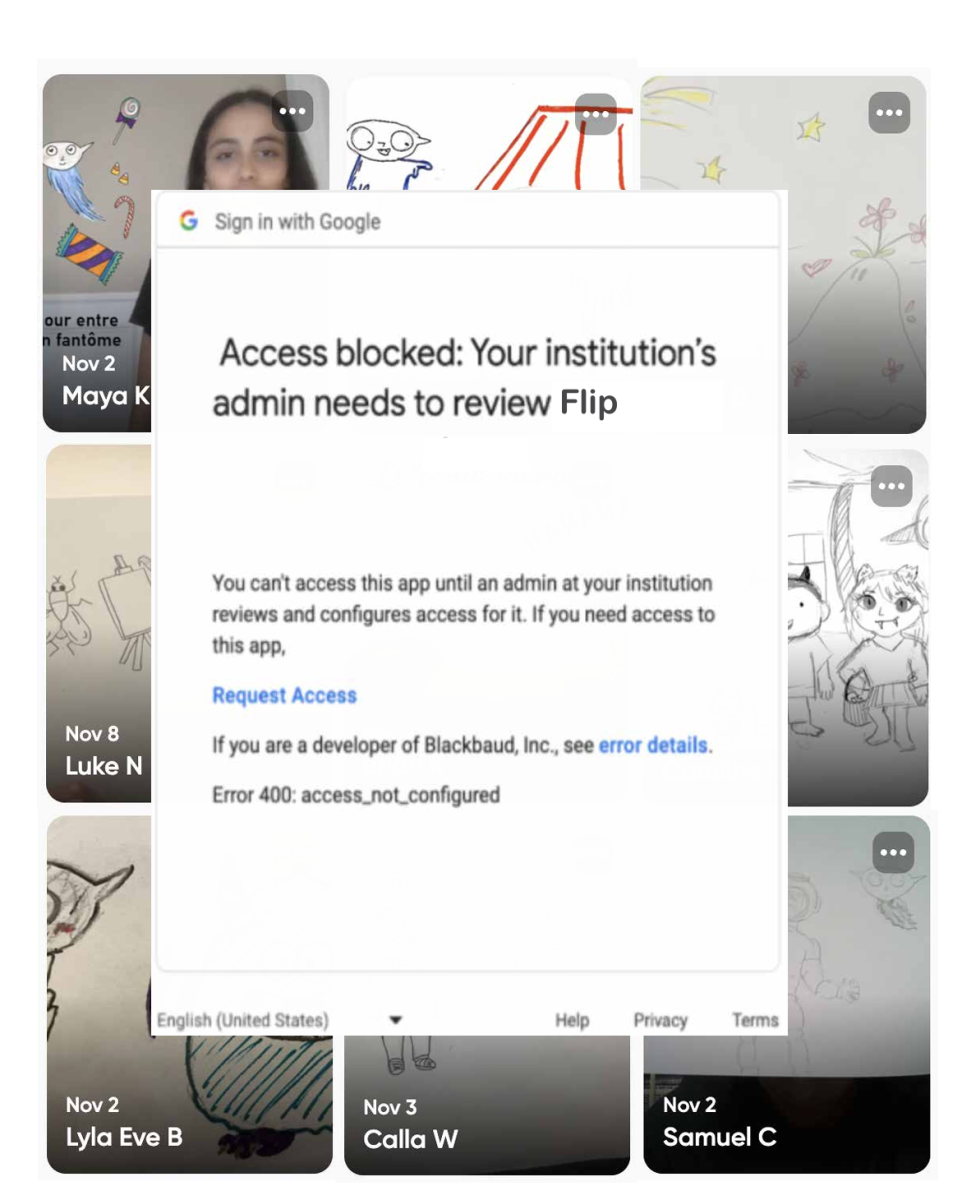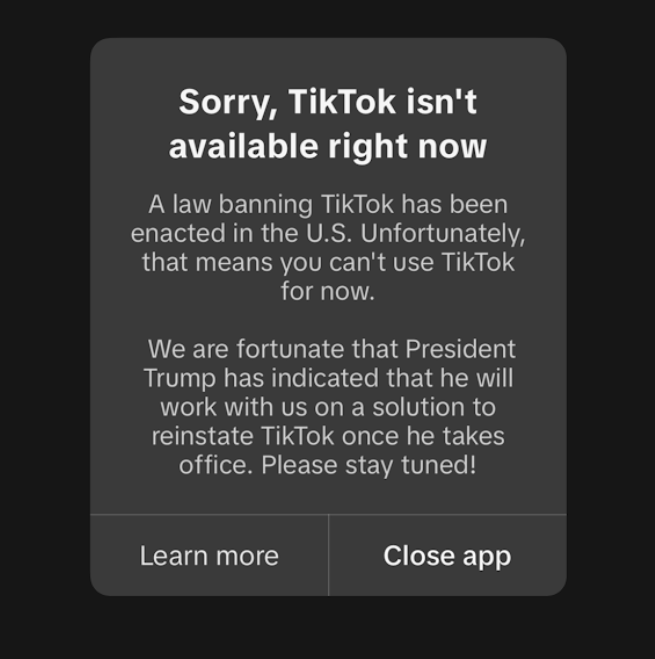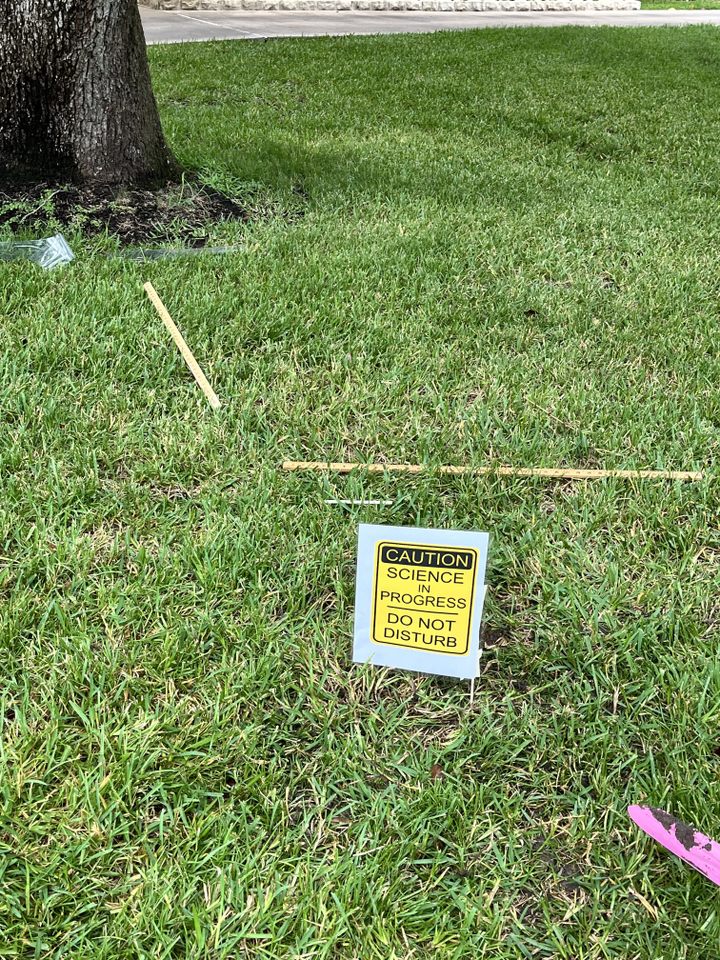Access blocked: Your institution’s admin needs to review this site.
As freshman Fiona Bodmann clicked on a Flipgrid link to upload her French homework video, this warning flashed across her screen. Bodmann reloaded the page again and again—but to no avail. After chipping away at her homework for hours, running into a roadblock was the last thing she needed.
Bodmann was not the only student to face this issue. Starting Oct. 31, dozens of other students were blocked from popular educational sites including Blooket, JSTOR, MyBib and Knowt. The St. John’s Blackbaud website crashed as well.
“I don’t write down my assignments on a planner, and I rely on the St. John’s website a lot,” junior Pierce Crist said. “So that was a pretty big inconvenience for me.”
There turned out to be a simple explanation—the trouble was linked to a new layer of security put into place by Google for Education, according to SJS Director of Technology Akram Anoushehi. Although the technology department received prior notice of the change, which went into effect on Nov. 1, they did not have a complete list of third party applications that students use School Google credentials to sign in with.
“Every website has their own privacy policy, and the privacy policy has to meet the requirements of the School,” Anoushehi said.
With Google’s new security enforcement, the technology department must now ensure that websites are compliant with the Children’s Online Privacy Protection Act and the Family Educational Rights and Privacy Act. Only then can they manually approve logins using school Google credentials for a site.
As of Nov. 15, the technology department had verified 58 web pages. Still, many students found themselves unable to complete daily tasks or even check their upcoming assignments.
Bodmann was able to submit her French assignment three days late, but not without added stress.
“Knowing it was a schoolwide issue and that my teacher couldn’t fix it right away just made it ten times worse,” she said.
Spanish teacher Angela Prendes adapted quickly when Quizlet failed to function for her students. Because Quizlet Live does not require students to log in through their accounts, Prendes used this game during classtime as an alternative to traditional Quizlet flashcards.
“It was a bit of a panicky situation,” Prendes said, “but we were able to continue moving forward with our quiz review.”
Anoushehi advises students still facing issues to let their teachers know. Faculty can then send the technology department a list of web pages to approve.
“Google for Education’s decision was not meant to make things hard for the students. This security layer is really for protection,” Anoushehi said.
*Additional reporting by staff writers William Liang and Nathan Kim.

















